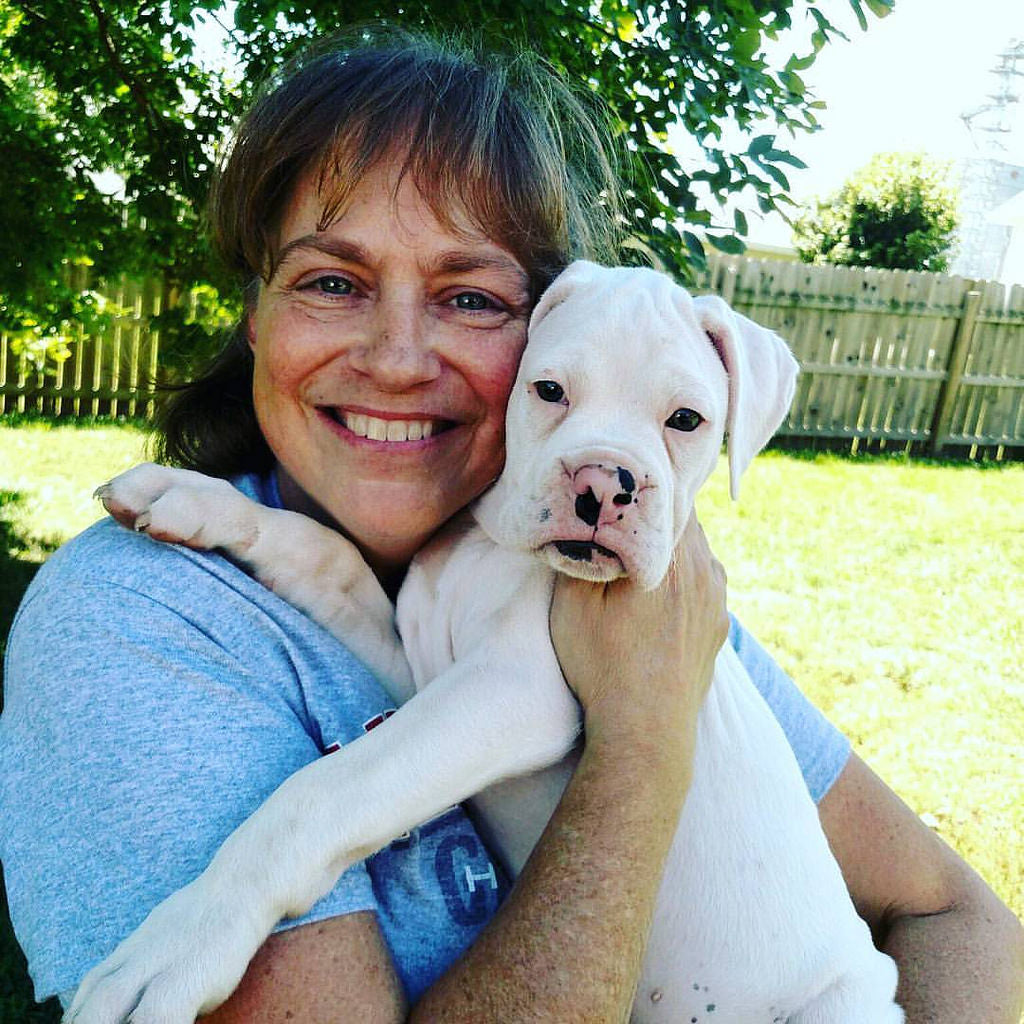
3 Approaches to Finding Your New Furry Friend
Share
3 Approaches to Finding Your New Furry Friend
If you're considering adding a pup to your family tree this new year, Ally Notch, owner of A Notch Above K9 Training offers 3 avenues to help you find the best furry friend for your home and lifestyle.
Whether you're a previous dog owner or seeking your first pet, performing due diligence before starting your search reduces the risk of disappointment and the need to surrender the dog due to poor fit with lifestyle and home environment.
Big Dog/Little Dog: What's Your Preference?
Notch advises that before you bring home your new furry family member, consider:
- Your daily routine/time constraints
- Lifestyle & travel requirements
- Family environment
- Household budget
- Housing space
- Yard size
- Breed preference
- Dog's temperament, energy level and exercise requirements
For example, if you have time constraints, you may seek a pet that has little exercise demands and is "lower maintenance." Likewise, if you're physically active and have an expansive yard area, you may prefer a larger dog that needs space to roam and requires regular exercise. But don't assume all smaller dogs or larger dogs need less or more exercise time - do your homework on breed traits and requisites.
Want a button-nosed puppy? Be advised - puppies require quite a bit of time and attention - at least for the first six to eight months.
Once you've matched your prerequisites with your pet's profile, you'll have a better idea of where to find your new best friend.
Breeder Versus Rescue
Should you purchase your pup from a reputable breeder or a rescue organization? Your decision will depend on the following factors:
- Your lifestyle. Can your daily routine accommodate time needed to train and socialize a young puppy or would adopting an adult dog be better suited to your lifestyle?
- Your budget. Purchasing puppies from a breeder can cost in the range of $600 - $2500. Rescue organizations charge more reasonable fees.
- Breed preference. If you have your heart set on bringing home a Golden Retriever puppy, you'll have better luck with a breeder.
The Breeder Checklist
If you have a specific breed in mind or just want a brand-new pup, you'll want to seek an appropriate breeder. Notch warns against "backyard breeders," retail pet shops and "puppy mills." You're risking getting a pup that might not be healthy down the road - causing you to incur greater than normal veterinarian costs. Instead, Notch advises heeding the following checklist to gauge the breeder's integrity:
- The pup is micro-chipped and has undergone genetic testing
- The breeder asks questions to determine if your lifestyle is a good match for the puppy's temperament, personality and training needs.
- Breeder offers a written guarantee that you'll return the puppy should you decide not to keep your new pet
- The breeder should specialize in one breed as opposed to producing litters of several breeds
- Parents of the litter should be living on the breeder's premises; ask to see them and get detailed information on their background
- Notice the puppy's living conditions: where he sleeps, eats and plays
- Does your chosen breeder offer shipping if not locally based? Get shipping costs up front
- Prepare your own list of questions. Personalities differ even among the same breed so be sure to get thorough information about your chosen pup's temperament and personality
- Be aware - breeders should be willing to address all your concerns and requirements so you'll feel confident you're getting the best match for your family environment and lifestyle
You can locate respectable breeders online at sites such as www.puppyfind.com. Additionally, says Notch, dog trainers often have connections to high-quality breeders.
Adopting a Fur-Ever Friend
You want a dog that will fit into your family but have a modest budget. Of, if you feel drawn to adopting a furry friend in need of a forever home, then you'll want to consider choosing your pet from a foster-based dog rescue organization or county shelter.
"Foster-based dog rescue organizations are a great choice to look for your new dog," says Notch. "The dogs live with foster families who have intimate knowledge of the dog's temperament and can help you determine which pet is right for your home."
If you prefer to adopt a pet from a foster-based rescue organization, consider the following:
- Once you've identified the right rescue organization or shelter, ask specific questions to glean the right information about the dog - it's energy level, temperament, personality, etc
- Arrange for a "Meet & Greet" especially if other animals are in the home
- You'll need to complete an application and pay any rescue fees - generally which are funneled back into the organization
- Foster-based rescue dogs should come fully vaccinated and micro-chipped
You can also search for your new pet at a local county shelter. Typically, shelters take dogs from various sources and are less likely to know the dog's history and temperament than do foster-based organizations. However, many shelters are getting better at helping potential pet owners find the right match. Unlike foster-based rescue organizations, shelters generally allow you to take your new furry friend home immediately.
To search available dogs in your region or to find local foster-based rescue organizations or shelters, check out www.petfinder.com. You can also find breeders and rescue organizations via referrals from online community forums.
Being fully prepared reduces the risk of a mismatch and ensures your new furry family member will be successfully integrated into your loving home.
If you chose a pup that requires regular exercise - you'll want to schedule regular walks with your furry friend. You'll find your pet is better behaved when exercised regularly. The Woofpack dog walking accessory bag is the "go-to" bag for Ally Notch when walking her dogs.
